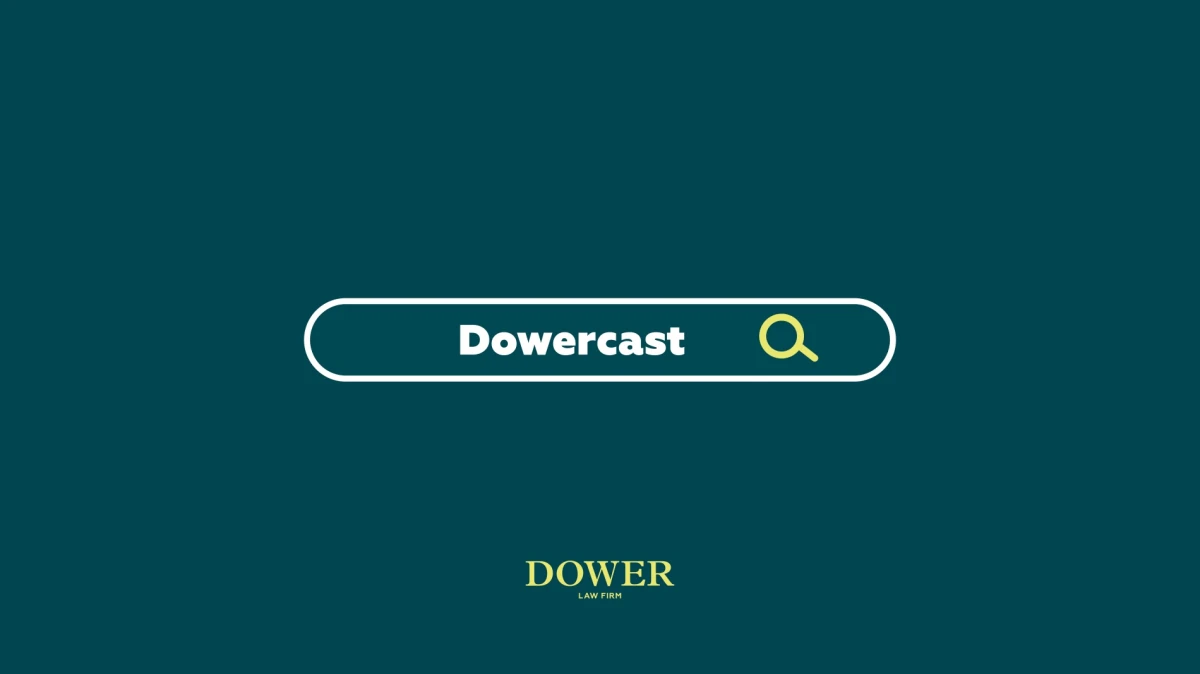“We are all Consumers,” as John F. Kennedy (former U.S. President) once said, who, 63 years ago, was one of those responsible for awakening the world's need for consumer protection and regulatory legislation. Since then, such legislation has deepened, internationalized, and become ingrained in our lives and legal systems.
But, after all, are we all Consumers from the moment we buy, or want to buy, something? Is it really that simple?
In this regard, the law clarified early on the concept of the Consumer, as anyone to whom a good or service is made available or provided, whose utility is personal or at least predominantly personal—understood as being for non-professional purposes.
From the moment we enter the commercial and economic world with this status, we are guaranteed, among others, the rights to the quality of goods and services, to the protection of health and physical safety, to the prevention and compensation of damages (both material and non-material), and to consumer education and information.
Although legislative updates in this matter go back a long way, more recently we have witnessed a paradigm shift, as we have been—and still are—rapidly transported into the much-acclaimed “Digital Age” that we live in today. We no longer need to physically go anywhere for goods and/or services to reach our hands. Every shop, whether it sells clothes, shoes, food, furniture, etc., has an app available at the click of a button so we can buy whatever we want.
In that sense, today’s consumption no longer (solely) involves signing contracts or even going outside—it now involves accepting terms and conditions that we routinely ignore, without reading, in order to move to the next step when registering on a platform to order food directly from a restaurant, for example. One could even say that the true limit of the Consumer is their own will. The speed of acquisition and diversity of offerings brought by platforms and other digital services inherently carry challenges, among which—though not limited to—is the issue of responsibility and warranty periods when we order something as simple as a green phone case, only for it to arrive at our home in a different color and model, despite us being convinced we ordered the correct one. Or when we subscribe to a cloud storage plan and are provided with something entirely different.
Although a path has indeed been forged toward the defense of Consumer rights, we cannot ignore figures such as the number of complaints filed just this year, amounting to around 39,910—an average of 450 complaints per day. The convenience and haste of wanting to purchase, characteristic of the various challenges of the Digital Age, should encourage Consumers to adopt a more informed and proactive stance in defending their rights, not allowing inertia to hinder the inevitable technological progress.
With great rights also come great responsibilities, which do not fall solely on the Consumer, but also on Suppliers of goods and services, who, among other duties, have the special obligation to inform Consumers of the characteristics of the goods and services they intend to provide and to refrain from engaging in misleading or fraudulent advertising.
Consumer protection is a constant challenge, one that requires continuous updates due to the ongoing development of the rules and methods of marketing goods and products in the marketplace. The role of the Consumer is essential, as without them, the market simply does not exist. This is reason enough for our rights, as such, to be celebrated and diligently exercised.





